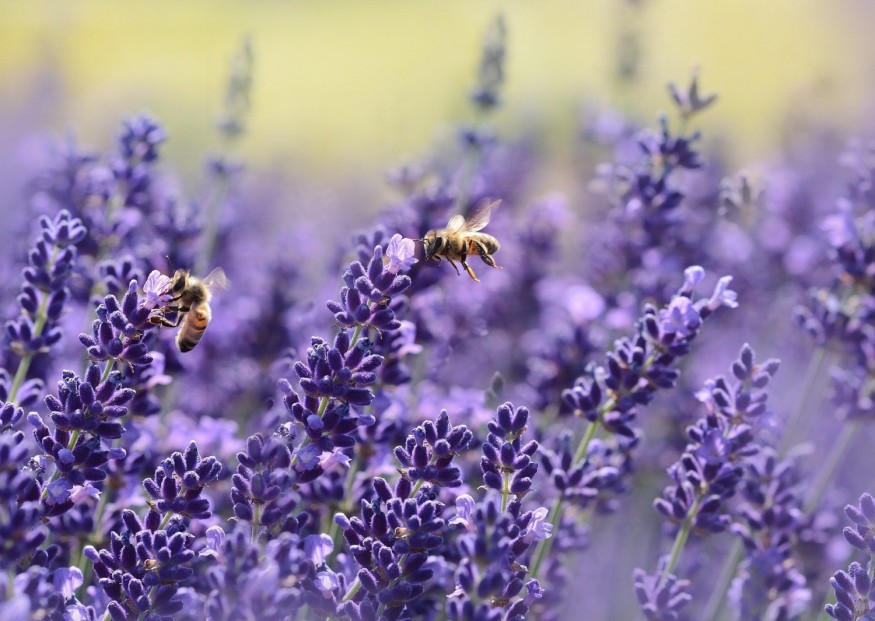
Brexit has been a big cause of disappointment and frustration among UK-based environmentalist groups, but few are as big as the recent decision to allow a harmful pesticide for emergency use.
Cruiser SB, a pesticide known for containing an insect-killing compound known as neonicotinoid thiamethoxam, was just approved for emergency use in response to a letter from the National Farmers' Union (who said it was the only way to counteract a deadly yellows disease outbreak threatening the country's crops).
But according to groups such as the Wildlife Trusts, these pesticides have a devastating impact on a bee's growth development, impairing their ability to interact with the environment. This, in turn, makes it difficult for them to carry out their tasks for their colonies and ultimately kill off a great number of the local population.
Pesticide Bad for England's Bees and Biodiversity
The impact of the toxin also goes beyond just the bees, experts say. Because of their declining population, the ecosystem loses a vital pollinator and it could eventually lead to the death of England's biodiversity on a massive scale.
Historically, the UK has already lost more than a dozen species of bees and with dire consequences to the environment. The allowance of this pesticide, even for emergency uses, could only contribute to this decline and worsen the country's pollutant situation.
As a side note, this recent action by the Brexit government had also confirmed the fears of many environmental activists that leaving the EU meant rejecting a lot of the pro-conservation measures they had in place. Besides the pesticide use, activists have also cited weakened regulations against chemical manufacturing and air quality as well.
Also Read : How Backyard Gardens Might be Killing Bees
EU implicated in England's bee-killing pesticide use
Despite the Brexit woes, however, it has been reported that such moves are not entirely new (not even among EU member states). At least 67 countries in the union have been found to have similar 'emergency case' loopholes regarding the use of similar pesticides, thereby adding more to the controversy.
Across the continent, conservationist voices are already aghast as to how much longer governments are willing to allow such crimes against nature. Despite the two years since the ban officially in place, the existence of many 'emergency situations' has grown too many to ignore.
In opposition, many groups like the National Farmers' Union find such measures as equally harmful as the cure, and accuse conservationists of not paying attention to the plights of farmers whose livelihoods depend on healthy crops.
Either way, it would appear that Brexit may not be entirely to blame for this recent permission by the government and it has once again cast a light on Europe's commitment to addressing the threat to its biodiversity.
© 2026 NatureWorldNews.com All rights reserved. Do not reproduce without permission.





